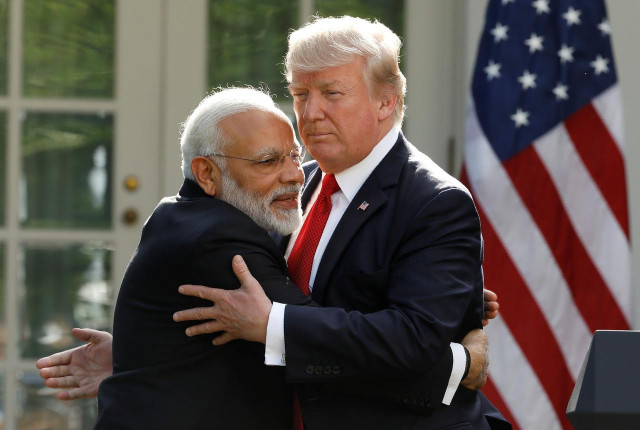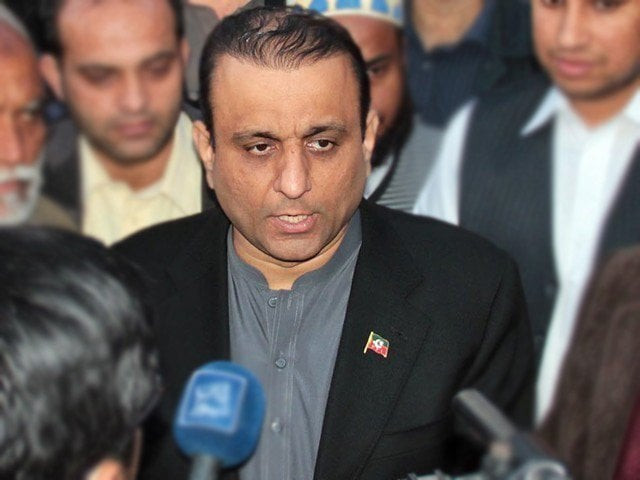Rethinking U.S. Strategy in South Asia: A Balanced Approach with Pakistan
The geopolitical landscape of South Asia is complex and often misunderstood, and many believe it’s time for the U.S. to reassess its strategies. In a compelling piece for Foreign Affairs, former Pakistani National Security Adviser Dr. Moeed Yusuf argues that America’s longstanding reliance on India has proven ineffective. Instead, Washington should consider developing a balanced partnership with Pakistan to promote regional stability and even enhance U.S.-China relations.
Dr. Yusuf asserts that the United States has overestimated India’s strategic importance while underestimating Pakistan’s potential as a balancing power. He warns that continuing to lean too heavily on India could lead to increased instability in the region. India’s foreign policy, as he notes, reflects a desire for strategic autonomy rather than a commitment to U.S. interests, evidenced by its neutral stance on Russia’s invasion of Ukraine and a growing relationship with both Moscow and Beijing.
For over two decades, U.S. policymakers have operated under three faulty assumptions: that India would unconditionally counterbalance China’s rise, that Pakistan would align with Beijing, and that Pakistan was unreliable due to its past actions in Afghanistan. These assumptions have led to the isolation of Pakistan and bolstered India’s assertiveness, pushing Islamabad closer to Beijing. This shift is evident, with 80% of Pakistan’s new military equipment coming from China.
Yet, there’s a glimmer of hope. Under former President Trump’s administration, there were efforts to reconnect with Pakistan, including a temporary ceasefire between India and Pakistan in 2025. Dr. Yusuf emphasizes that Pakistan could be pivotal in establishing equilibrium in the region—not just between itself and India, but also in fostering a constructive relationship between the U.S. and China.
Pakistan’s 2022 National Security Policy advocates for economic connectivity and cooperation, which aligns with American objectives for promoting stability and counterterrorism. The key, according to Yusuf, is that Pakistan shouldn’t have to choose between China and the United States; rather, the U.S. should foster an environment that encourages pragmatic coexistence.
To improve relations, Dr. Yusuf proposes that the U.S. could initiate collaborative infrastructure projects in Pakistan, paralleling Chinese investments like the China-Pakistan Economic Corridor (CPEC). Such initiatives could transform Pakistan into a crucial commercial hub beneficial to U.S., Chinese, and Indian interests alike. Moreover, cooperating in sectors like counterterrorism and resource extraction, especially in regions rich in critical minerals, could yield mutual benefits.
The stakes are high. Yusuf warns that the U.S.’s continued emphasis on an India-centric policy may exacerbate tensions, particularly as India remains focused on its rivalry with Pakistan. Improving relations with Pakistan could also allow India greater access to Afghanistan and Central Asia, unlocking valuable opportunities that are currently hindered by hostility.
The complexities of South Asia demand a nuanced approach. Dr. Yusuf calls for a more realistic reset of U.S. strategy—one that recognizes Pakistan’s crucial role in achieving long-term stability in the region. Only through a balanced, pragmatic approach can the U.S. hope to secure its influence in South Asia and contribute to a more peaceful international environment.
Whether it’s geopolitics or the evolving dynamics of global power, the conversation is evolving. If you’re intrigued and want to dive deeper into South Asia’s complexities, consider connecting with Pro21st for more insightful discussions and analyses.
At Pro21st, we believe in sharing updates that matter.
Stay connected for more real conversations, fresh insights, and 21st-century perspectives.





